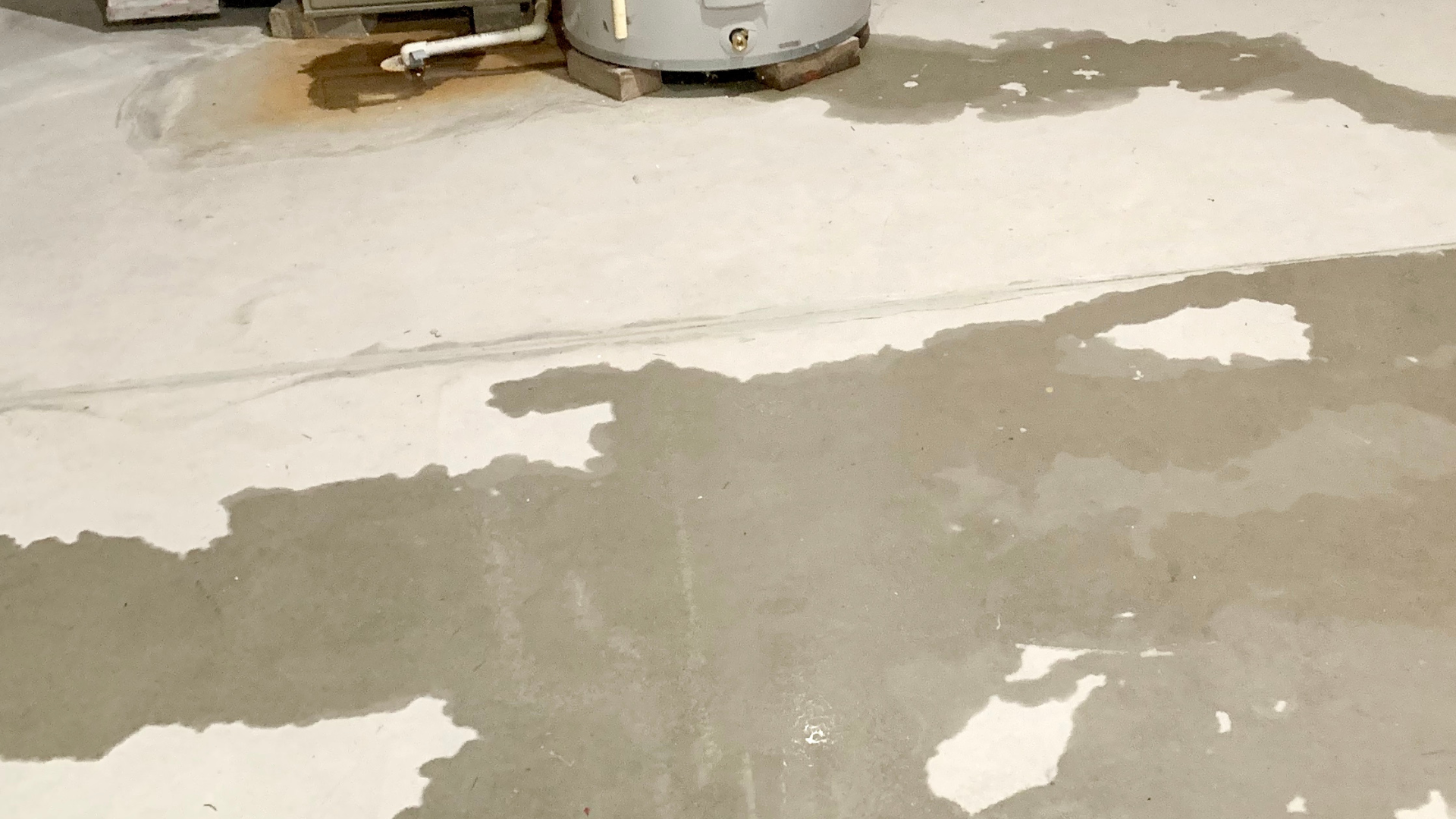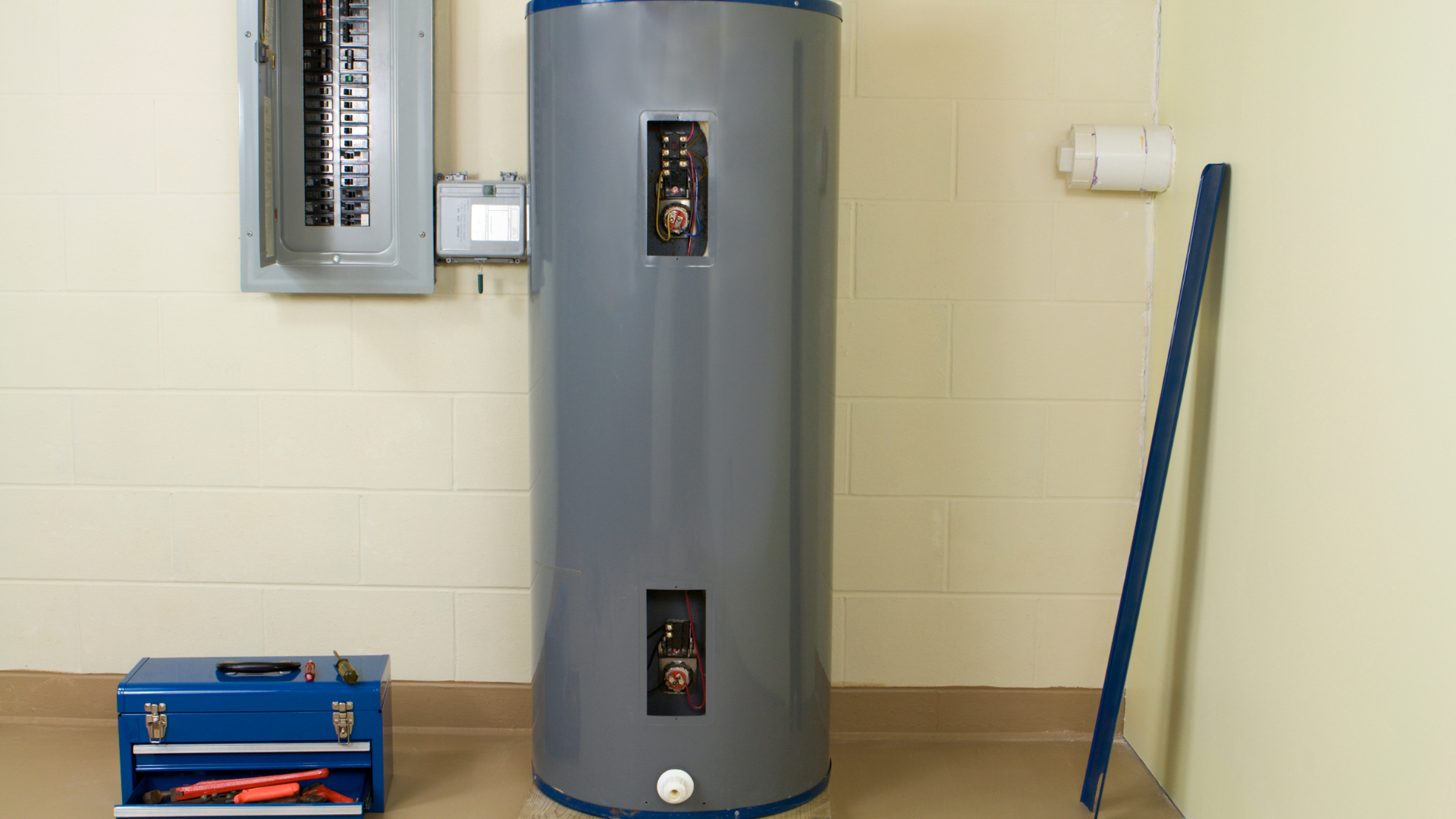Missouri
Navigating Home Services in the Show-Me State: Licensing, Sales Tax, and Verification in Missouri

For homeowners in Missouri, undertaking home improvement projects requires a good understanding of the state's unique approach to contractor regulation and sales tax. Unlike many states with a singular statewide general contractor license, Missouri delegates much of this authority to its local jurisdictions.
Licensing Requirements for Home Service Contractors in Missouri
Missouri does not have a statewide general contractor's license. This means that a contractor who performs general home improvement or remodeling work may not hold a license issued by the State of Missouri specifically for that purpose. However, there are crucial requirements at both the state and local levels:
- State-Level Business Registration:
- All businesses operating in Missouri, including contracting businesses (except for sole proprietorships and general partnerships operating under the owner's legal name), must register with the Missouri Secretary of State's office. This is a fundamental step for any legal business operation.
- State-Level Professional/Trade Licenses:
- Certain specialized trades do require state-issued licenses through the Missouri Division of Professional Registration. These typically include:
- Electricians: Individuals performing electrical work generally need to be licensed.
- Plumbers: Individuals performing plumbing work generally need to be licensed.
- Other specialized professionals (e.g., land surveyors, architects) also have state-level licensing.
- Local Municipal Licensing (Crucial): This is the most significant aspect of contractor licensing in Missouri. Most cities and counties have their own comprehensive licensing requirements for general contractors and specific trades. These local requirements can vary widely and often include:
- Business Licenses: Almost all cities require contractors to obtain a local business license to operate within their jurisdiction.
- Examinations: Many larger cities (e.g., Kansas City, St. Louis, Independence) require contractors to pass specific trade or general building exams (often based on the International Code Council - ICC).
- Insurance Requirements: Localities frequently mandate specific levels of general liability and, if applicable, workers' compensation insurance.
- Bonds: Some cities may require contractors to post a surety bond.
- Supervisors: For certain trades, a qualified, licensed supervisor may need to be employed full-time by the contracting company.
- Permits: Even if a specific contractor license isn't required by a local jurisdiction, most significant home improvement projects (e.g., structural changes, electrical, plumbing) will require permits, and these permits will only be issued to properly registered or licensed contractors.
It is absolutely essential for homeowners to check with their specific city or county's building department or licensing office to understand the exact requirements for the type of work they are undertaking. Failing to use a locally licensed or permitted contractor can lead to issues with project inspections, insurance claims, and potential fines for both the homeowner and the contractor.
How Sales Tax Applies to Home Service Projects in Missouri
Missouri has a state sales tax rate of 4.225%, but local sales taxes are added by counties, cities, and special districts, resulting in combined rates that can exceed 10% in some areas.
The application of sales tax to home service projects in Missouri is distinct:
- Contractors as Consumers of Materials: Generally, Missouri considers contractors to be the final consumers of the materials and supplies they use to construct, repair, or improve real property. This means:
- Contractors pay sales tax to their suppliers when they purchase the building materials, fixtures, or supplies that will be incorporated into the real property.
- Contractors do not collect sales tax from their customers on the total contract price for real property improvements (including labor). The sales tax on materials has already been paid by the contractor to their vendors.
- Labor for Real Property Improvements is Generally Not Taxable: The labor component of a contract to build, repair, or remodel real property is generally not subject to Missouri sales tax, provided it's part of a contract where the contractor is considered the consumer of the materials.
- Exceptions and Nuances:
- Separate Sales of Tangible Personal Property: If a contractor sells tangible personal property without installing it (e.g., selling a new appliance off the shelf), they must collect sales tax from the customer on that sale.
- Maintenance/Repair vs. Improvement: While labor for real property improvements is generally exempt, certain pure service activities that are not "improvements" (like some maintenance, cleaning, or personal property repair) could be taxable if specifically enumerated by statute. However, for typical home construction/remodeling, the "contractor as consumer" rule applies.
- Exempt Entities: If the project is for an exempt entity (like a government body or certain non-profits), the contractor may be able to purchase materials tax-exempt by using a project exemption certificate provided by the exempt entity.
As a homeowner, you generally won't see sales tax itemized on your contractor's invoice for a home improvement project. The contractor has already paid the sales tax on the materials they purchased for your job.
How to Verify Licensing in Missouri
Verifying a home service contractor's credentials in Missouri requires a multi-pronged approach due to the decentralized licensing
system:
Missouri Secretary of State - Business Entity Search:
- Website: Visit the Secretary of State's Business Entity Search portal: https://bsd.sos.mo.gov/ (look for "Business Entity Search").
- Search: Enter the contractor's business name to confirm their registration status (e.g., LLC, Corporation). This confirms they are a legally registered business in Missouri.
Missouri Division of Professional Registration - Licensee Search:
- Website: Go to the Division of Professional Registration's Licensee Search: https://pr.mo.gov/licensee-search.asp
- Search Options: Select the relevant board (e.g., "Board of Examiners for Hearing Instrument Specialists," "Board of Cosmetology and Barber Examiners" etc.) and search by name. This is crucial for verifying state-level licenses for specialized trades like electricians and plumbers.
Local City/County Building Department or Licensing Office (Most Important):
- Contact Information: Find the official website or contact details for your specific city or county's "Building Department," "Permits and Inspections," "Contractor Licensing," or "Planning Department."
- Inquire: Call or visit their office. Ask:
- What are the specific licensing requirements for the type of work you need done in their jurisdiction?
- How can you verify if a specific contractor holds the necessary local licenses or registrations?
- What permits are required for your project?
- Examples of Major Cities:
- Kansas City, MO: City Planning and Development Department, Contractor Licensing Division (Check "CompassKC" online portal).
- St. Louis, MO: License Collector's Office, Building Division of the Department of Public Safety.
- Springfield, MO: Building Development Services.
- Columbia, MO: Finance Department (for business licenses).
Proof of Insurance: Always ask for current certificates of general liability insurance and, if the contractor has employees, workers' compensation insurance. You can call the insurance provider directly to verify coverage.
Always conduct thorough verification before signing any contracts or making payments. Hiring a properly licensed and registered contractor, particularly at the local level, provides vital protection and ensures compliance with building codes and regulations in Missouri.
Sources
- Missouri Secretary of State - Business Entity Search: https://bsd.sos.mo.gov/
- Missouri Division of Professional Registration - Licensee Search: https://pr.mo.gov/licensee-search.asp
- Missouri Department of Revenue - Sales and Use Tax Information (specifically regarding contractors):
- Sales Tax Taxability and Exemptions: https://dor.mo.gov/faq/taxation/business/sales-use-tax-exemptions.html
- 12 CSR 10-112.010 - Contractors (Detailed Rule): https://www.sos.mo.gov/cmsimages/adrules/csr/current/12csr/12c10-112.pdf
- Procore - Missouri Contractor Licensing: Guide to Registration & More: https://www.procore.com/library/missouri-contractors-license
- ServiceTitan - Missouri Contractor License & Certification: https://www.servicetitan.com/licensing/contractor/missouri
- Home Gnome - Handyman Licensing Requirements in Missouri: https://homegnome.com/blog/pro-resources/handyman-license-requirements-missouri/
- City of Kansas City, MO - Contractor Licensing: https://www.kcmo.gov/city-hall/departments/city-planning-development/contractor-licensing
- City of St. Louis - License Collector's Office (for business licenses): https://www.stlouis-mo.gov/government/departments/license-collector/
Click Another Article to Read More










